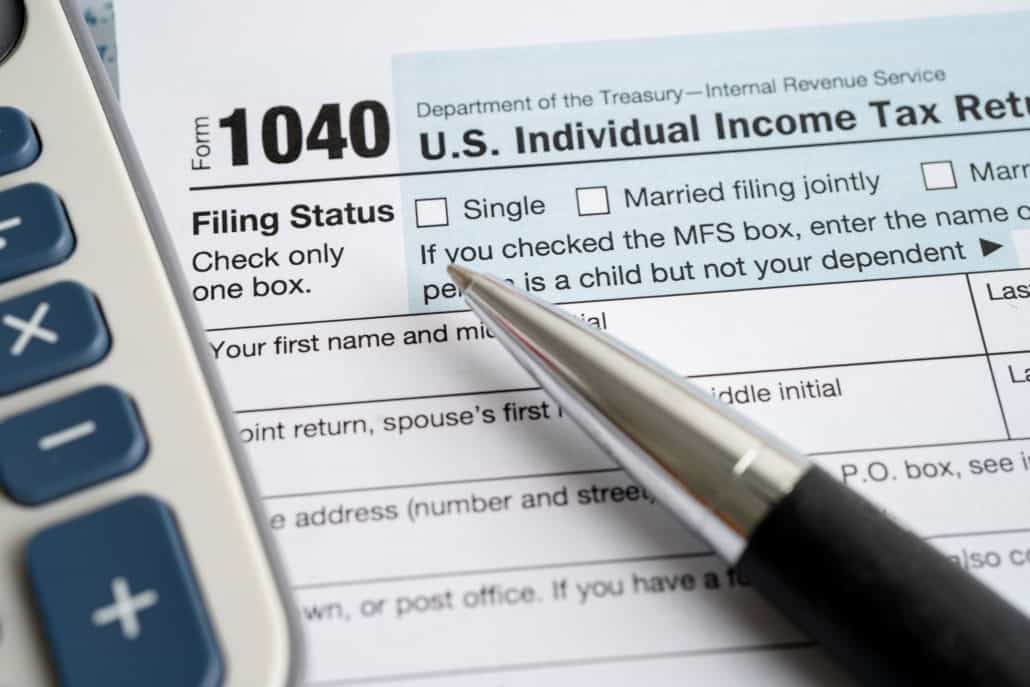Relief for Canadian investors: Section 899 seemingly removed from U.S. legislation

Individual Canadian investors and Canadian businesses with U.S. assets are breathing at least a tentative sigh of relief today. At the Trump administration’s request, U.S. Senators appear to have agreed to remove the contentious Section 899 from the One Big, Beautiful Bill Act, the tax and spending legislation currently before Congress. While this is a positive development, Canadians should remain cautiously optimistic as the measures could be reintroduced in future legislation.
As noted in a previous blog, the clauses contained in Section 899 had the potential to turn tax planning on its head for Canadians with U.S. investments. The proposed tax amendments—covering everything from personal tax rates to estate taxation—would have designated a list of taxes in countries that the U.S. deemed unfair, everything from charges on undertaxed and diverted profits to levies such as Canada’s digital services tax.
U.S. legislators agreed to remove Section 899 after the government pointed to a deal with G7 countries to exempt U.S. companies from OECD Pillar 2 taxes. The levies are effectively an alternative minimum tax on multinationals’ global income.
Under Section 899, inbound investment from countries deemed to be treating U.S. businesses unfairly would have then been subject to major increases in U.S. federal income tax and withholding rates. For example, the current reduced 15 per cent tax withholding rate on individual investors based in Canada would have skyrocketed to as much as 50 per cent. Corporations, trusts and partnerships would have all been impacted, with their U.S.-sourced income being subject to much higher withholding rates. Canadian corporations that receive dividends from their U.S. subsidiaries, for example, would have seen a shocking increase in withholding rates, to as much as 50 per cent over five years from the current 5 per cent. Foreign governments and pension plans would have had various tax exemptions revoked.
In tabling the legislation, lawmakers were also threatening to override existing tax treaties, such as the longstanding agreement shared by Canada and the U.S.
As with so many proposed changes introduced by the Trump administration—think the introduction and subsequent rollback of tariffs over the past few months—Section 899 will hopefully prove to be much ado about nothing. Had it taken effect, the impact on Canadians and Canadian corporations could have been devastating. Thankfully, cooler heads seem to have prevailed, and we can rest easy knowing that we’ve dodged major upheaval across the global tax landscape—at least for now.
Armando Iannuzzi, Co-Managing Partner
For assistance with Canadian or U.S. tax compliance, contact a member of the KRP tax team today.


